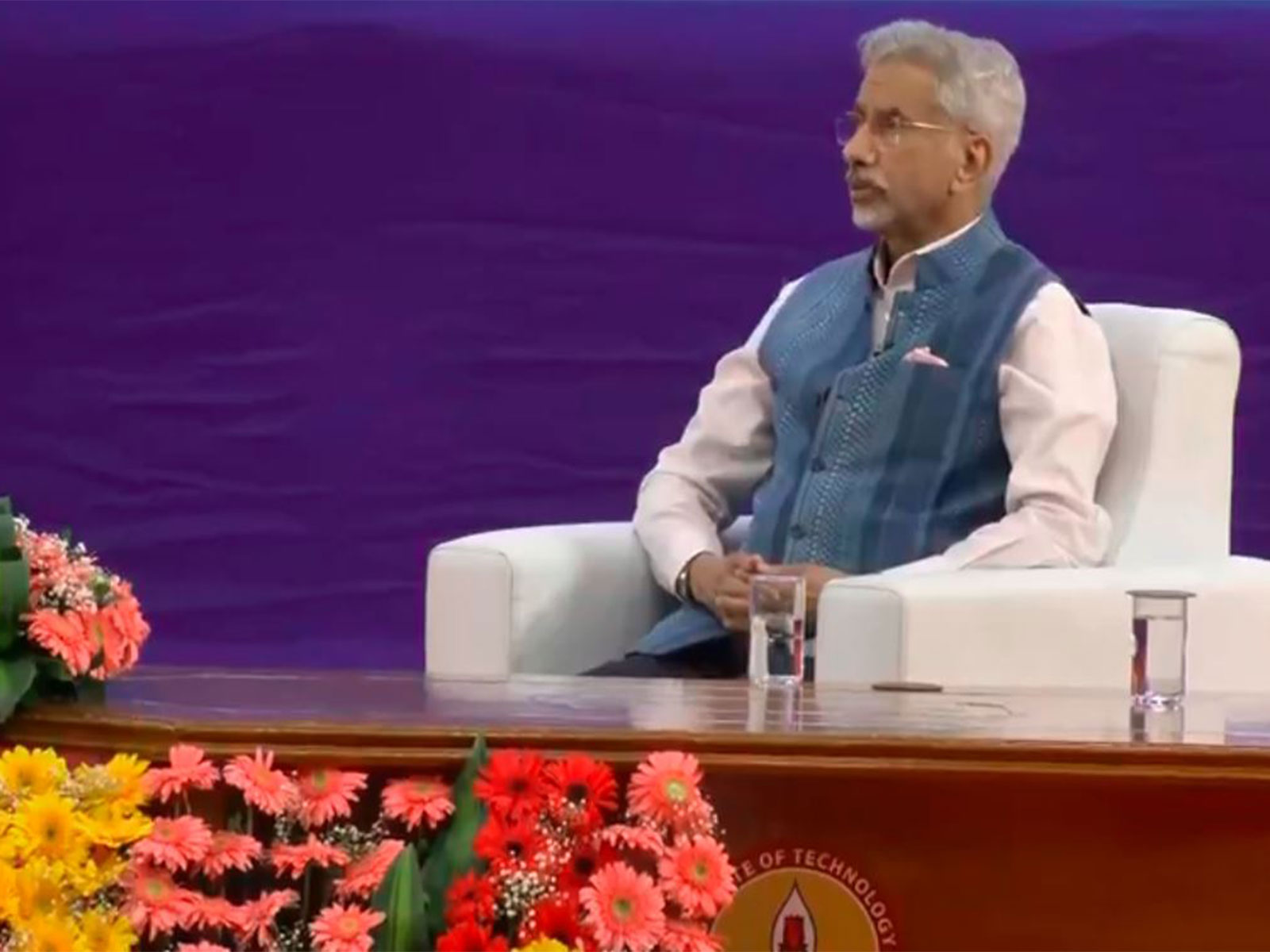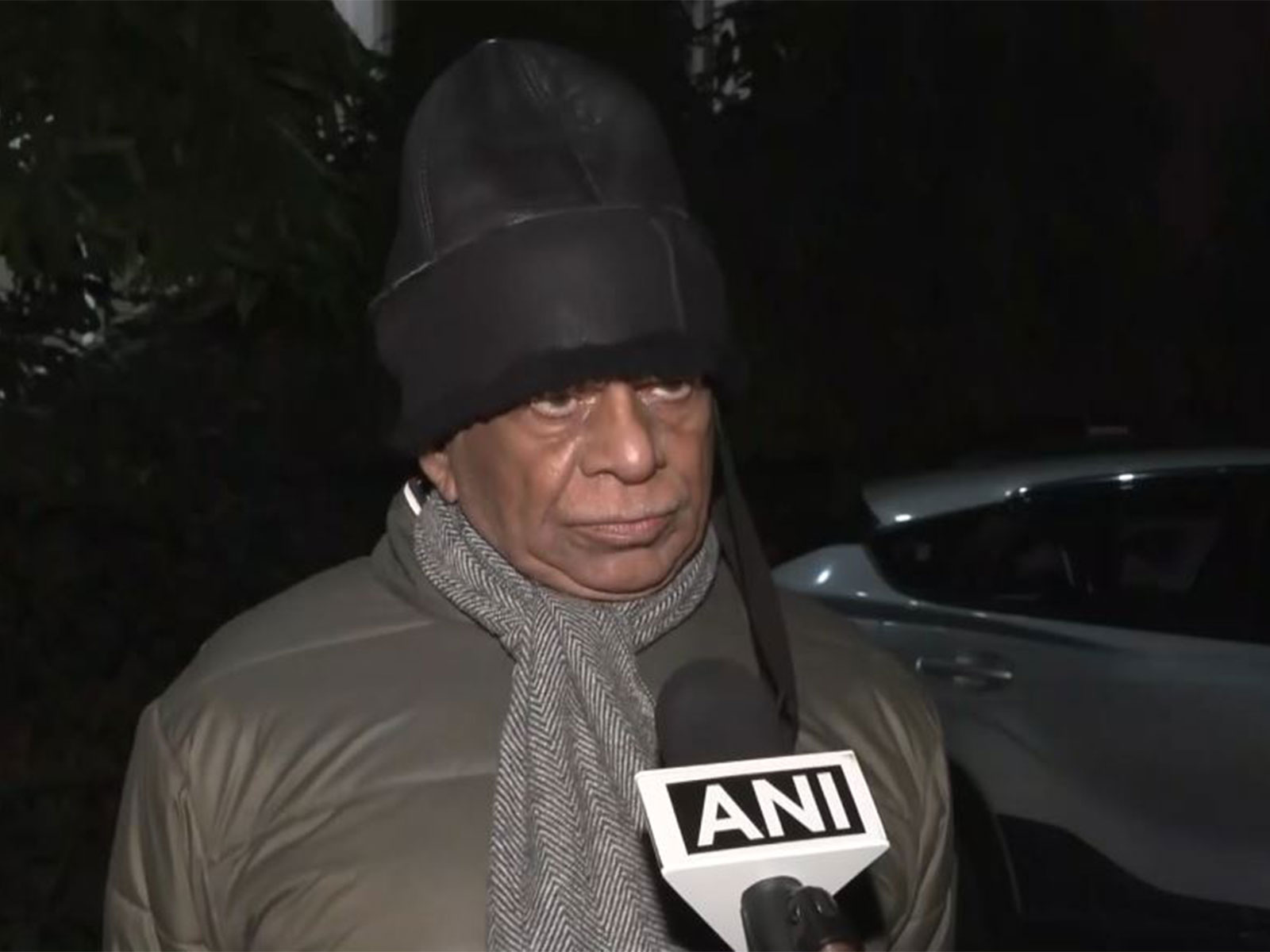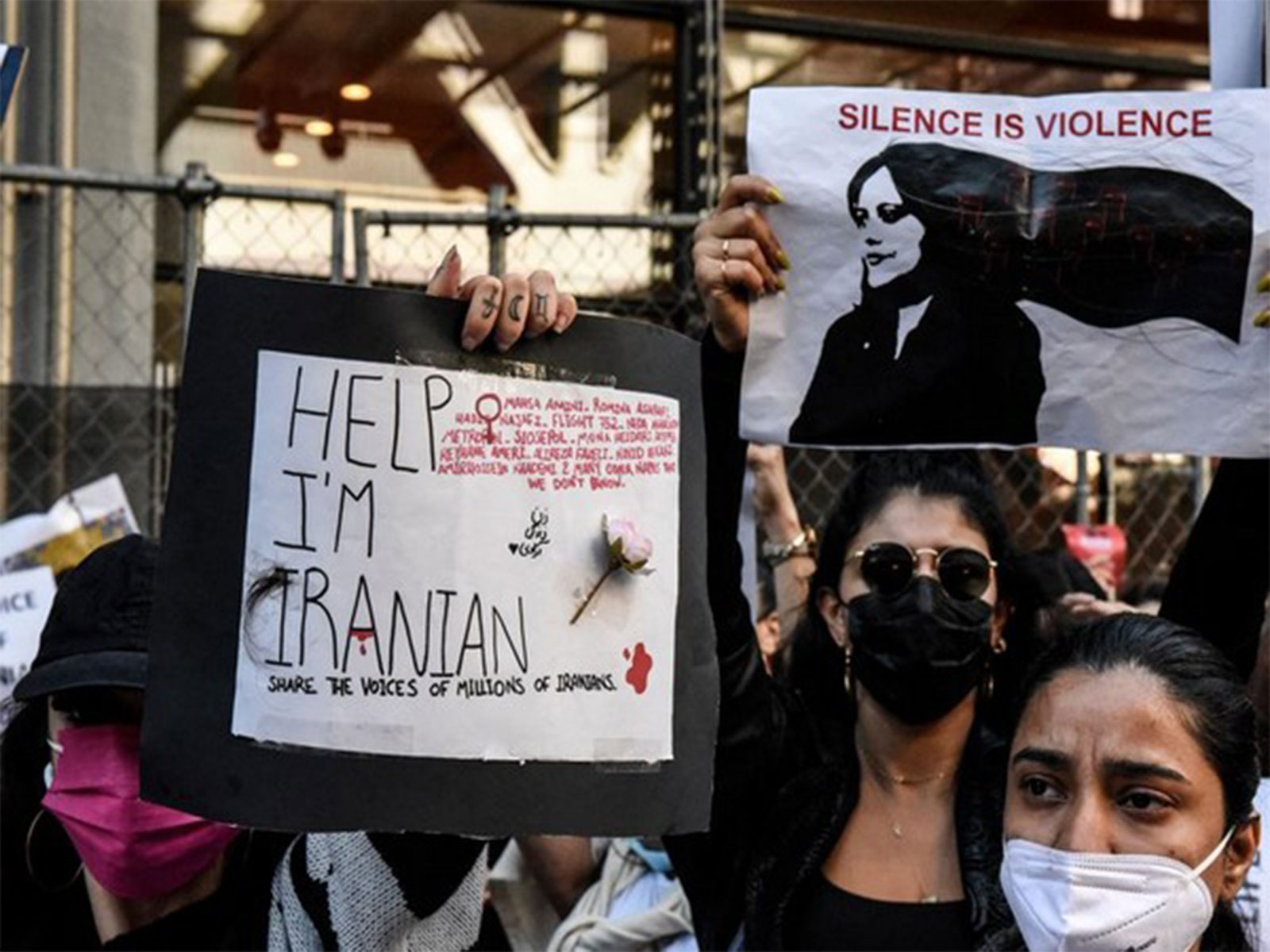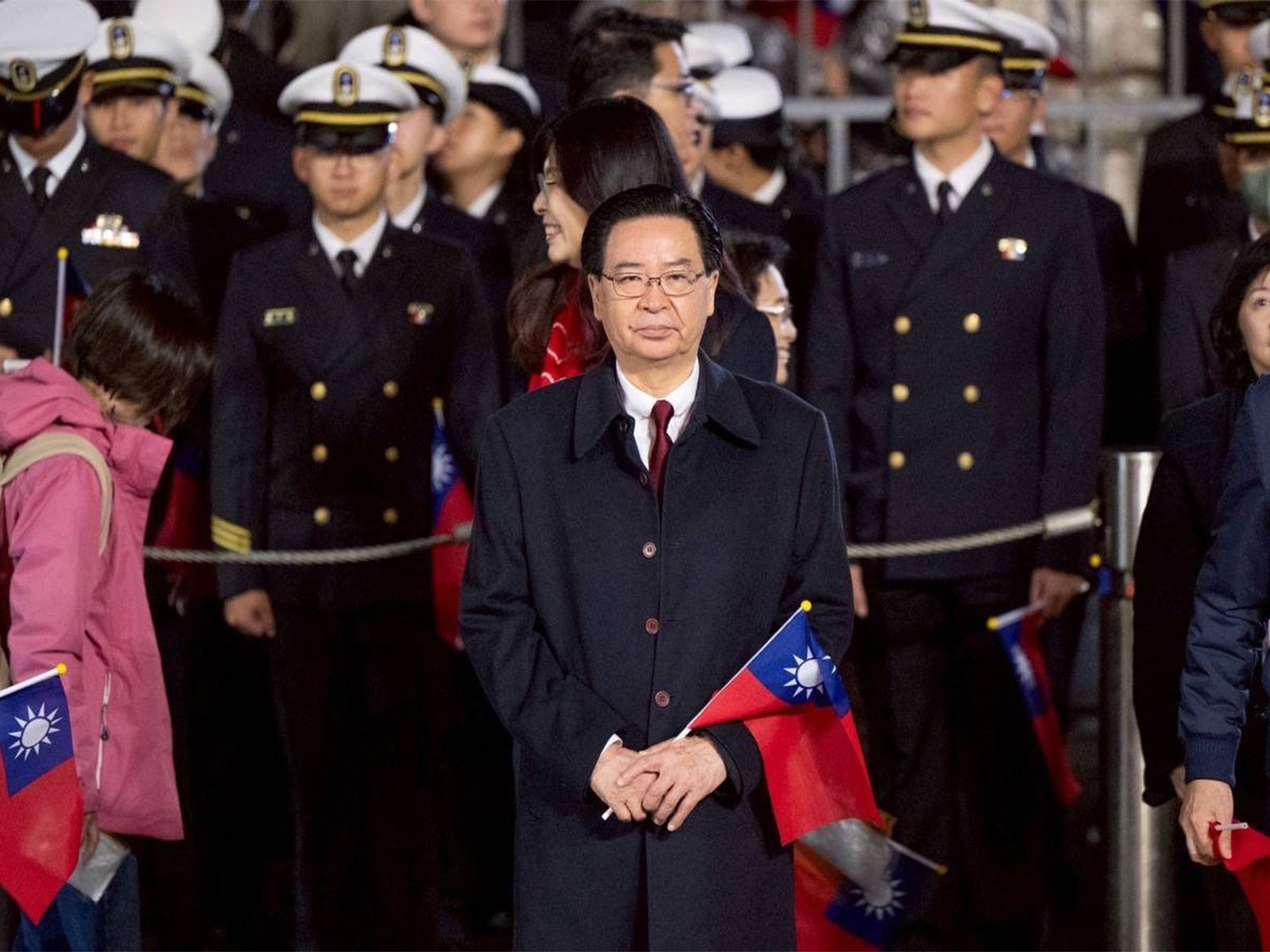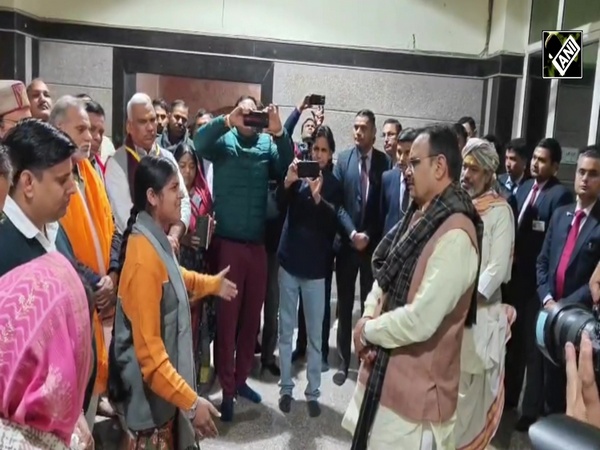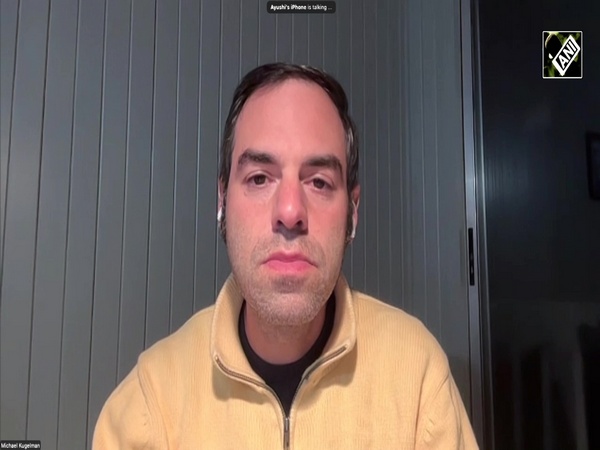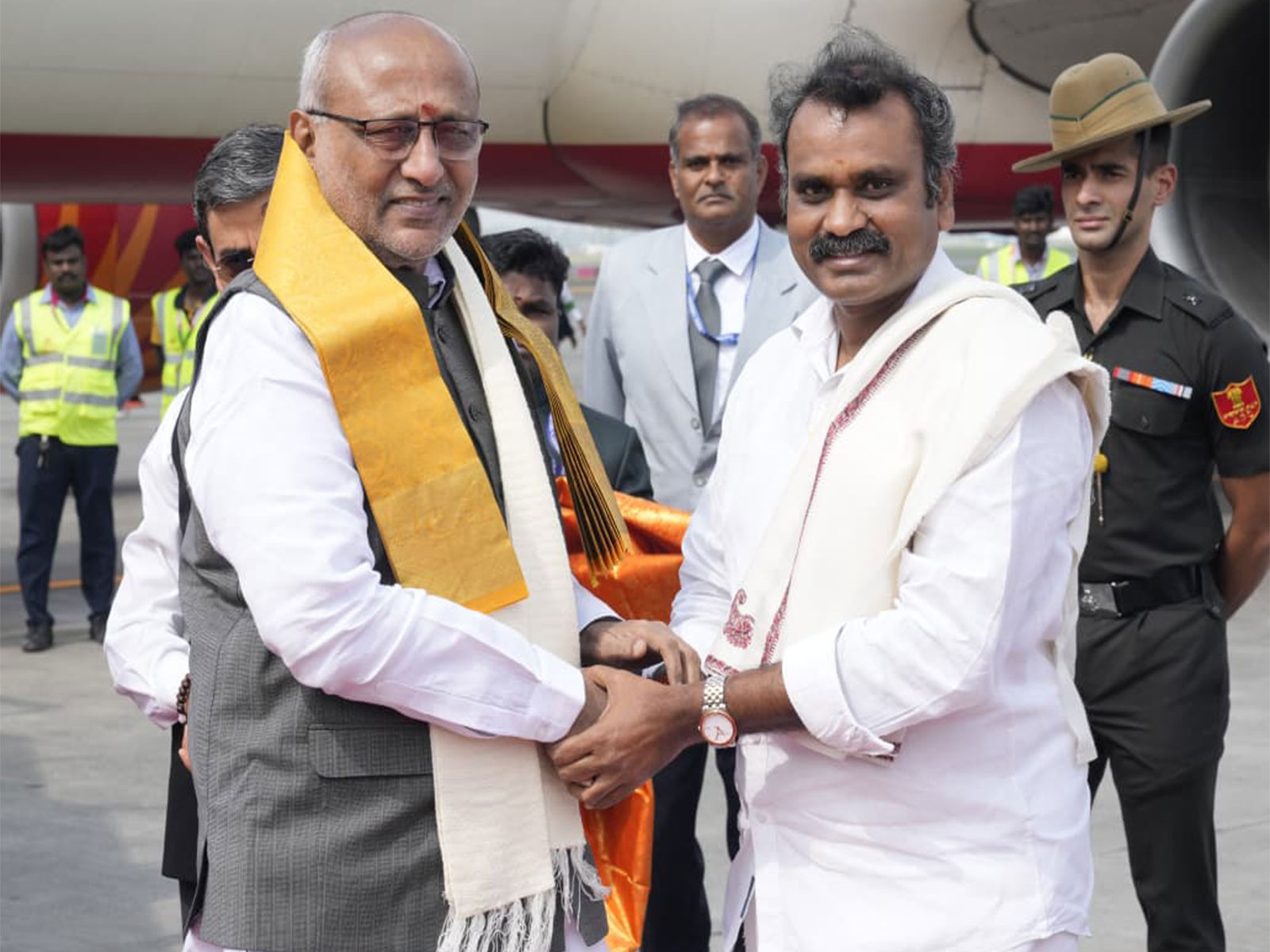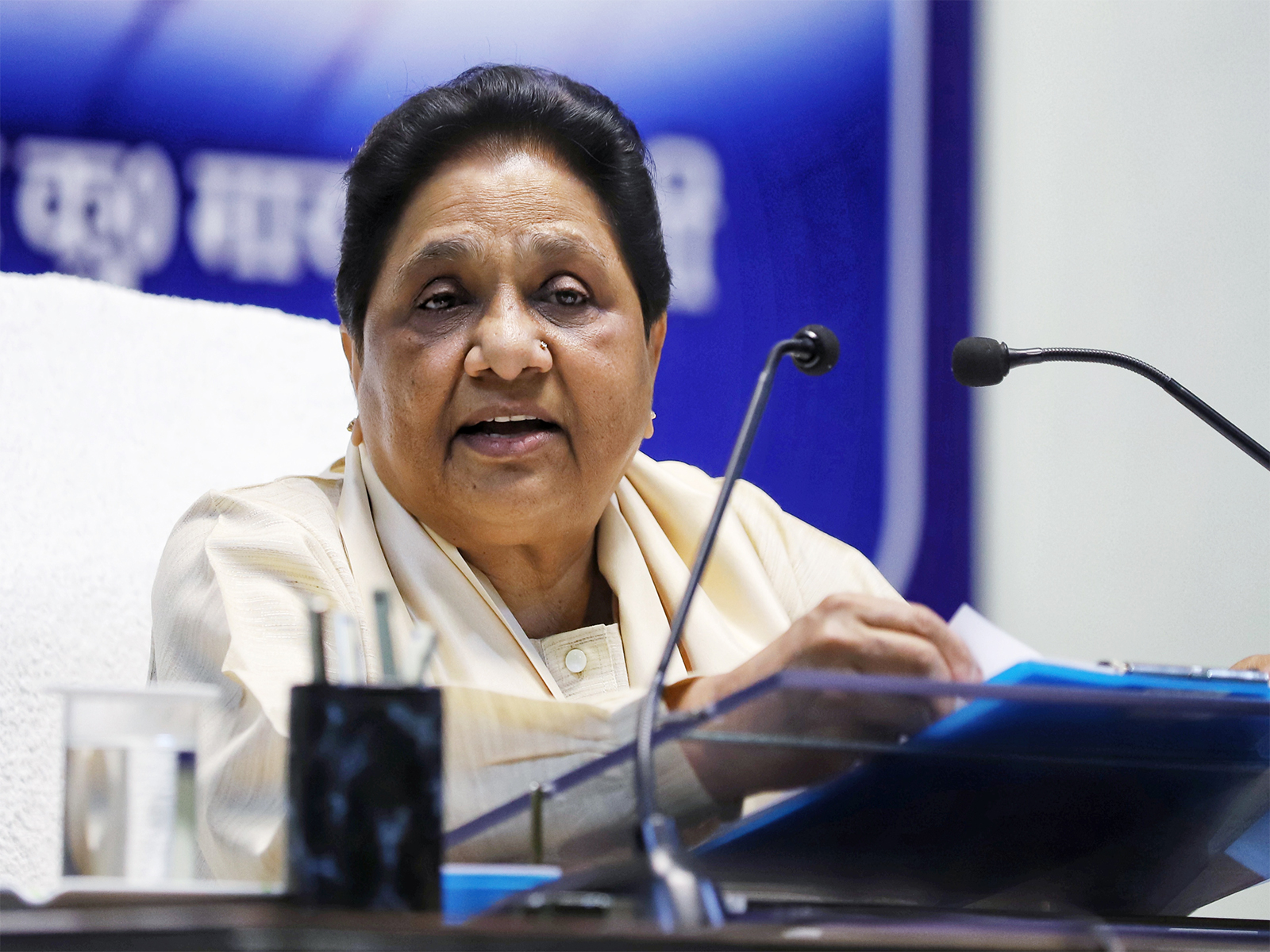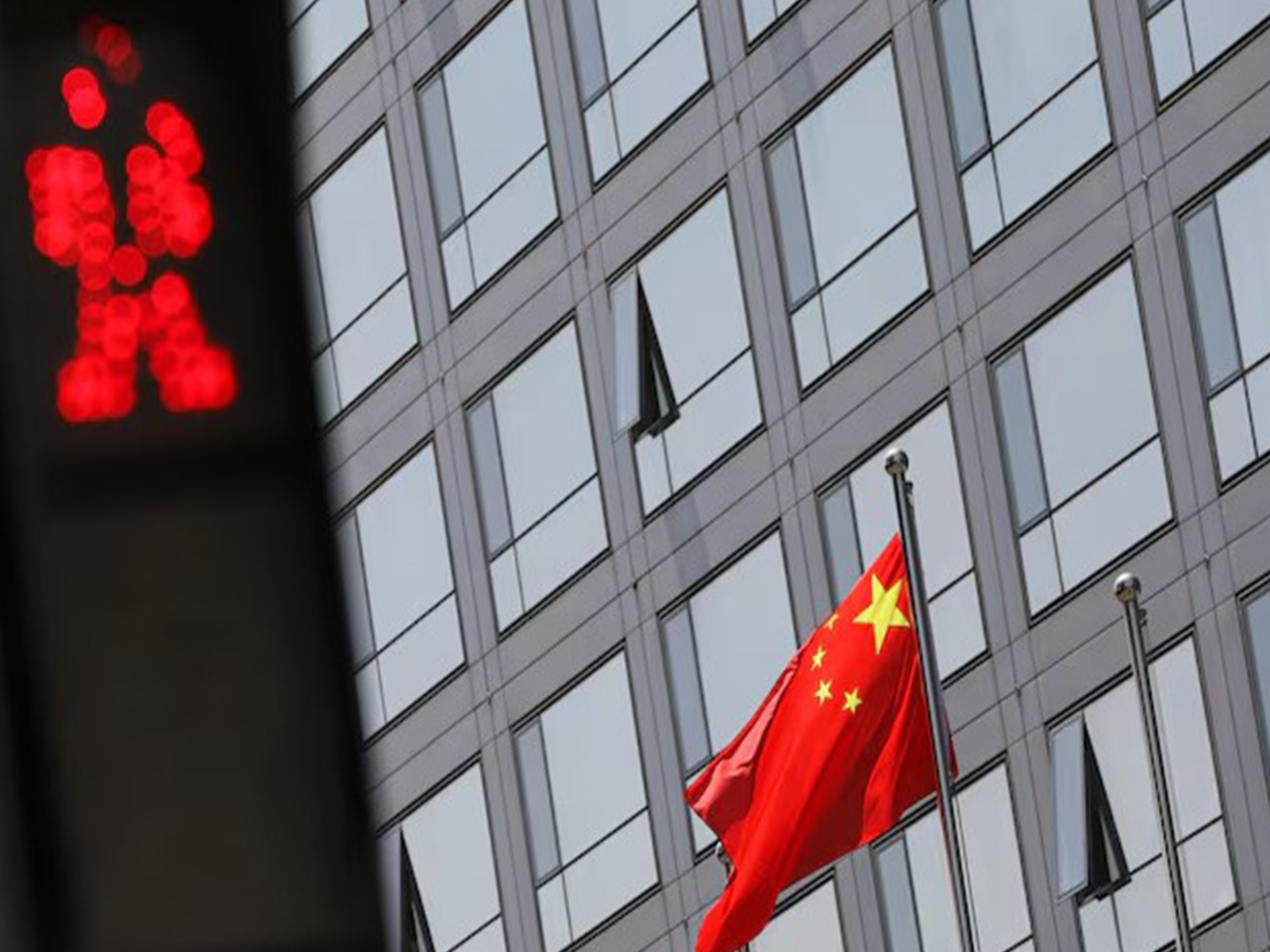
China manipulates KMT elections to spread chaos in Taiwan
Oct 13, 2025
Taipei [Taiwan], October 13 : China's expanding digital interference campaign has now reached into Taiwan's opposition politics, weaponising artificial intelligence and online disinformation to fracture the Chinese Nationalist Party (KMT) and test Taiwan's democratic resilience, as reported by the Taipei Times.
According to the Taipei Times, experts believe the Chinese Communist Party's (CCP) aim is not to openly support any specific KMT chair candidate but to generate internal suspicion and dependence within the party. This covert manipulation is part of Beijing's long-term effort to infiltrate Taiwan's political landscape through "cognitive warfare".
Former Taipei mayor and KMT chair contender Hau Lung-bin said on Facebook that he was being targeted by "external cyber forces" spreading fabricated rumours. Another contender, former Broadcasting Corp. of China chairman Jaw Shaw-kong, alleged that the interference originated from China and urged authorities to treat it as a national security concern.
Hung Pu-chao, deputy director of Tunghai University's Center for Mainland China and Regional Development Research, stated that the wave of "online troll activity" marks a dangerous escalation of China's cognitive warfare. He said China is using AI-generated videos, fake social media accounts, and coordinated digital networks to manipulate narratives and simulate public consensus.
Hung warned that this manipulation goes beyond disinformation; it creates confusion about what is real. China, he said, employs "decentralised control" strategies that aim not to convince people of Beijing's views but to make them question the very concept of truth.
"When KMT members begin accusing each other of being influenced by China," he said, "that means China's experiment is succeeding." National security officials confirmed that Taiwanese authorities are monitoring cases of Chinese interference in the KMT leadership race. They said China's hybrid tactics, combining AI tools, cyberattacks, and digital propaganda, seek to provoke discord and weaken democratic institutions, as cited by Taipei Times.
Investigators said the fake originated from a foreign IP address. Jaw called the act "vile political warfare", emphasising that digital freedom cannot be used as a shield for Chinese subversion. "If this doesn't count as a national security threat," he said, "then what does?" as reported by Taipei Times.



